Authors
In 2024, the world faced a series of significant events, including crucial elections in various countries, violent regime changes in Bangladesh and Syria, and an escalating geopolitical crisis in the Middle East. The introduction of emerging artificial intelligence technology into this mix created a potent blend of misinformation and disinformation that exacerbated the polarisation of online discourse, distorting public opinions, and resulting in serious real-world consequences.
Since 2019, Newschecker has been at the forefront of the fight against misinformation, consistently tracking key trends and patterns in the misinformation landscape through our monthly reports. Building on this foundation, we undertook a thorough analysis of instances of misinformation Newschecker has debunked from January 2 to December 11. This analysis relies on our careful monitoring of approximately 20 data points for each published article.
Our findings, which are based on a large dataset of 2,729 fact checks published by Newschecker in 10 languages, highlight important themes and trends that offer a comprehensive picture of the misinformation environment during this time. A synopsis of our findings is provided below:
Politics Take Center Stage: Global Conflicts, Election Campaigns Fuel the Spread of False Information in 2024
2024 has been aptly termed the“super year” for global elections, with approximately half of the world’s population engaging in the electoral process across more than 70 countries.
In many nations, including India, the general elections were crucial political events. It is therefore not surprising that 42% of the misinformation identified and debunked by Newschecker this year was related to political themes. The period leading up to the elections was marked by significant narratives, including the Maldives’ ‘India Out’ controversy and the consecration of the Ram temple in Ayodhya, as well as discussions surrounding the Bharat Jodo Nyay Yatra, the reservation debate, and incidents of violence in Sandeshkhali, West Bengal.
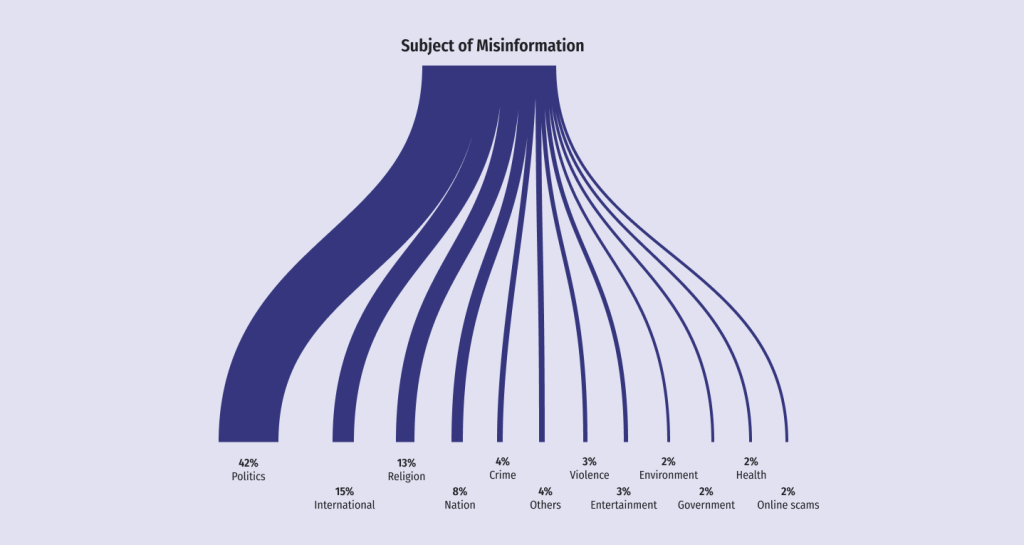
Moreover, elections in several other major countries and the violent overthrow of Sheikh Hasina’s government in Bangladesh, alongside the escalating Israel-Palestine conflict, contributed to international events being the second-largest category of misinformation, accounting for 15% of our fact checks.
The shadow of communal claims
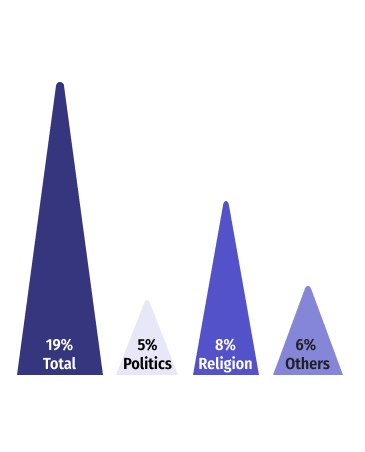
Misinformation around religious themes constituted a substantial portion of the claims we found and debunked. Our analysis revealed that 13% of the total claims debunked centred around religious themes.
Additionally, among the 2,729 claims examined, 19% were identified as communal; of these, 5% were linked to political issues and 8% to religious matters. These communal claims included allegations of religion-based violence, discrimination, and abuse.
Specific narratives, such as “love jihad,” have remained a persistent theme within the misinformation landscape accounting for nearly 1% of the total fact-checked claims.
Among the 19% of communal claims, a striking 15% targeted the Muslim community, while only 2.3% were directed at Hindus.
Verified Pages Amplifying the Misinformation Crisis
Verified pages are playing a significant role in the spread of misinformation, with 37% of the 2,729 claims fact-checked by Newschecker originating from pages with a blue tick.
This marks a concerning rise from 26% in 2023, highlighting the growing challenges in ensuring trustworthiness on social media. The issue has been exacerbated since X (formerly Twitter) revised its ‘verified’ pages policy, inadvertently giving legitimacy to misinformation spreaders.
Mainstream media has also been instrumental in amplifying misinformation.
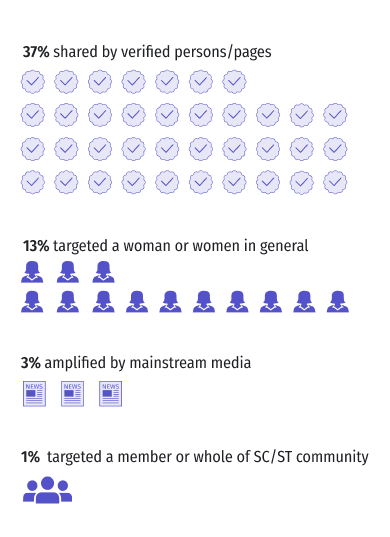
Newschecker has found that 3% were also shared by mainstream media outlets and news agencies.
Hindustan Times, Indian Express, Sun News, Times of India, NDTV and Network 18 were among some of the major publications that have been fact-checked by Newschecker for amplifying misinformation.
Misinformation Targeting Women on the Rise
Newschecker’s analysis revealed an alarming increase in misinformation targeting women, with such instances rising from 8% in 2023 to 13% in 2024. This surge reflects how women are increasingly being targeted in socio-political narratives aimed at creating panic or stoking communal tensions underscoring the need for greater awareness and efforts to address the vulnerability of women to online misinformation campaigns.
Misinformation Impact on Marginalised Communities
Meanwhile, misinformation targeting members of the SC/ST community accounted for 1% of the total fact-checks in both 2023 and 2024, showing no significant change. While these figures remain low, they point to the persistent use of misinformation to marginalise vulnerable communities. Multiple incidents debunked by Newschecker revolved around the following themes: perpetuating stereotypes and prejudices to incite social polarisation, questioning the economic status of the SC/ST community or highlighting the perceived lack thereof, and fueling debates around the reservation system.
Artificial intelligence Opens New Frontiers in Misinformation
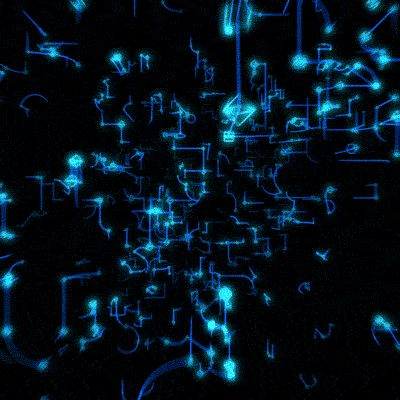
The emergence of artificial intelligence has further complicated a rapidly changing online landscape, as is evident by the data from Newschecker’s analysis. Almost 3% of the total claims debunked had used generative AI or AI, to either alter existing media or fabricate new videos/images to spread false information highlighting how technological advancements are being weaponised to exploit public trust and perpetuate financial crimes.
The data on online scams reveals a troubling trend, with incidents nearly doubling from 1% in 2023 to 2% in 2024. This escalation raises significant concerns about the future role of artificial intelligence (AI) in the misinformation landscape.
Numerous fake claims have already been debunked (here, here and here ), including instances where deepfake technology was employed to advertise fake claims or dubious medical cures. Newschecker’s findings align with this troubling escalation, with numerous debunked claims leveraging deepfake technology to push shady investment platforms by imitating legitimate voices or promoting fraudulent schemes.
According to I4C data, cyber fraud caused losses amounting to ₹11,333 crore in the first nine months of 2024 itself.
Among cyber scams, the I4C data shows that stock trading fraud accounted for the largest losses of Rs 4,636 crore, followed by investment-based scams with losses of Rs 3,216 crore, and digital arrest frauds causing losses of Rs 1,616 crore .
AI also made its debut in political misinformation this year ahead of the Maharashtra elections, when AI-generated audio conversations attributed to NCP SP leader Supriya Sule going viral just a day before the election. Even though Newschecker was the first to call out the audio files as being AI generated first, the timing of their release and the seemingly orchestrated virality of the audio files made it hard to contain. This escalation raises significant concerns about the future role of artificial intelligence (AI) in the misinformation landscape.
Misinformation Targets: Who Was Hit the Hardest in 2024?
Newschecker’s analysis of misinformation in 2024 revealed several prominent targets, spanning political personalities, celebrities, global leaders, and businessmen. Women leaders were analysed as a separate category due to the notable rise in misinformation targeting women.
Among political leaders, Congress leader Rahul Gandhi, Prime Minister Narendra Modi, and Tamil Nadu BJP Chief K Annamalai topped the list against whom Newschecker found most instances of misinformation.
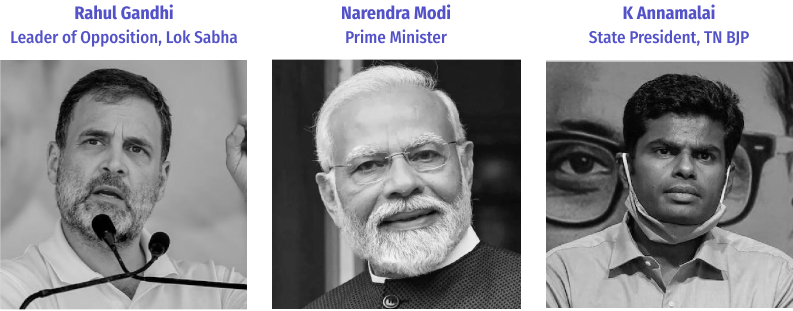
For women politicians, West Bengal CM Mamata Banerjee, actor-turned-politician Kangana Ranaut, and DMK MP Kanimozhi faced the most misinformation.
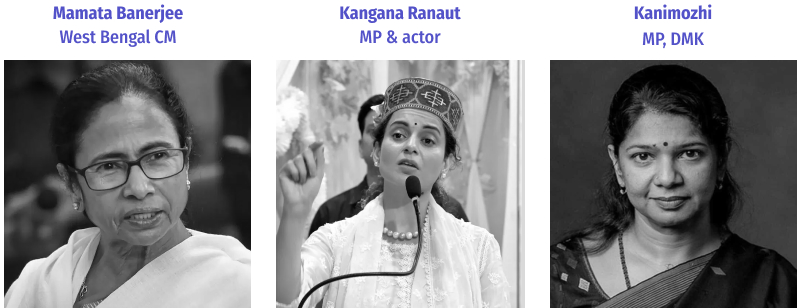
Coming to political parties, BJP, Congress and DMK were the most targeted political parties this election year, together forming almost 8% of the total misinformation debunked. Meanwhile, Opposition ruled states such as Tamil Nadu and Kerala led the list of state governments/administrations targeted by dis/misinformation, with the UP government coming third in the list.


As expected in an election year, misinformation targeting the Election Commission and EVMs surged. Meanwhile, institutions and organised groups such as the Indian Army and protesting farmers were also frequently targeted.
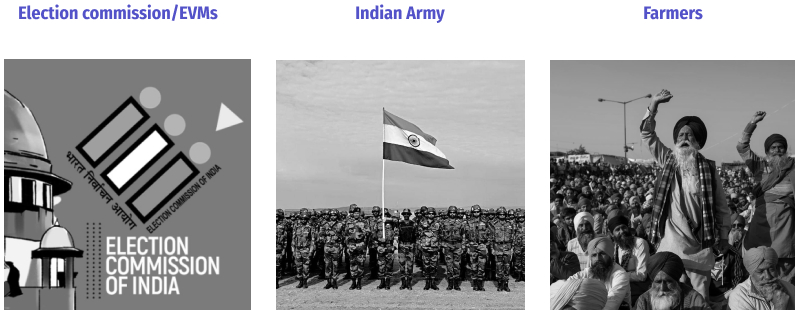
Given the high volume of international claims fact checked by Newschecker, we identified leaders outside India who were subject of most misinformation that we debunked in 2024 and unsurprisingly found the list led by former Bangladesh PM Sheikh Haseena. US president elect Donald Trump and Israel PM Benjamin Netanyahu also faced many instances of misinformation against them.
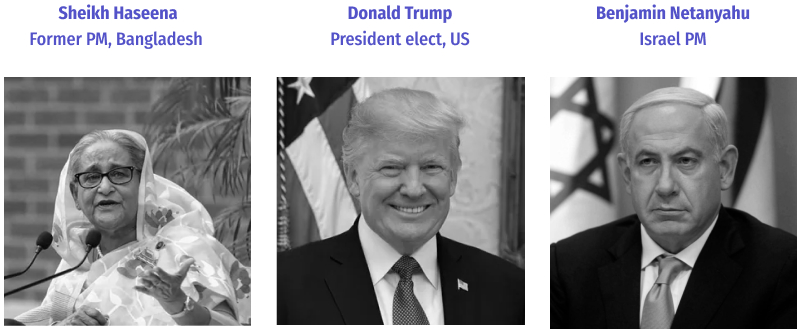
Meanwhile, in terms of countries targeted by misinformation as a whole, Israel saw the maximum fake claims targeting a particular country, followed by Lebanon & Iran.
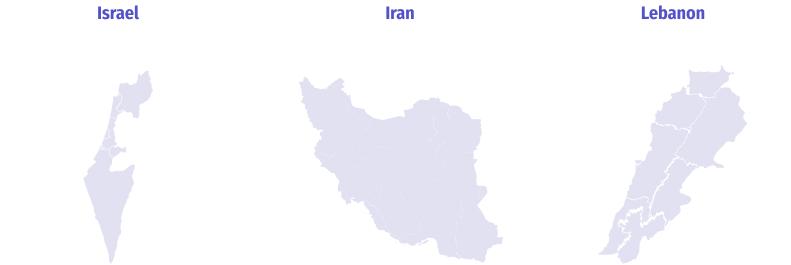
Celebrities and sports figures also found themselves at the center of false narratives, with cricketer Virat Kohli, footballer Cristiano Ronaldo, and actor Salman Khan among the most targeted. In the business world, Gautam Adani, Ratan Tata, and Infosys founder NR Narayana Murthy were frequently the subject of misinformation.
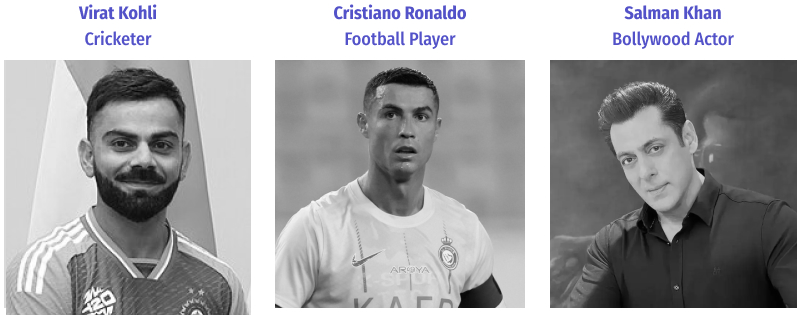
Shades of Misinformation
Of the 2,729 instances fact-checked by Newschecker in 2024, outright false claims dominated, forming 65% of all debunked misinformation. Misleading claims that used images and videos out of context to deceive users came next, accounting for 17% of the total.
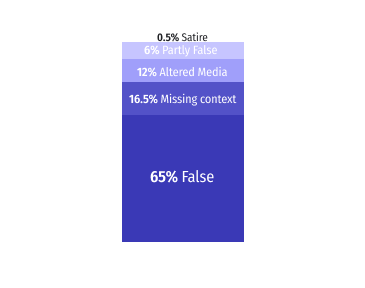
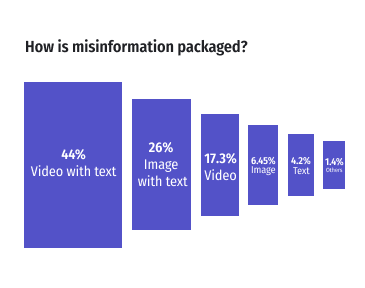
An analysis of misinformation packaging revealed that images and videos with misleading claims overlaid on them were the most common, accounting for 70% of total misinformation shared. This was followed by standalone videos (17%), images (7%), and text-based claims (4%).
If you would like us to fact-check a claim, give feedback or lodge a complaint, WhatsApp us at 9999499044 or email us at checkthis@newschecker.in. You can also visit the Contact Us page and fill out the form. Follow our WhatsApp channel for more updates.



